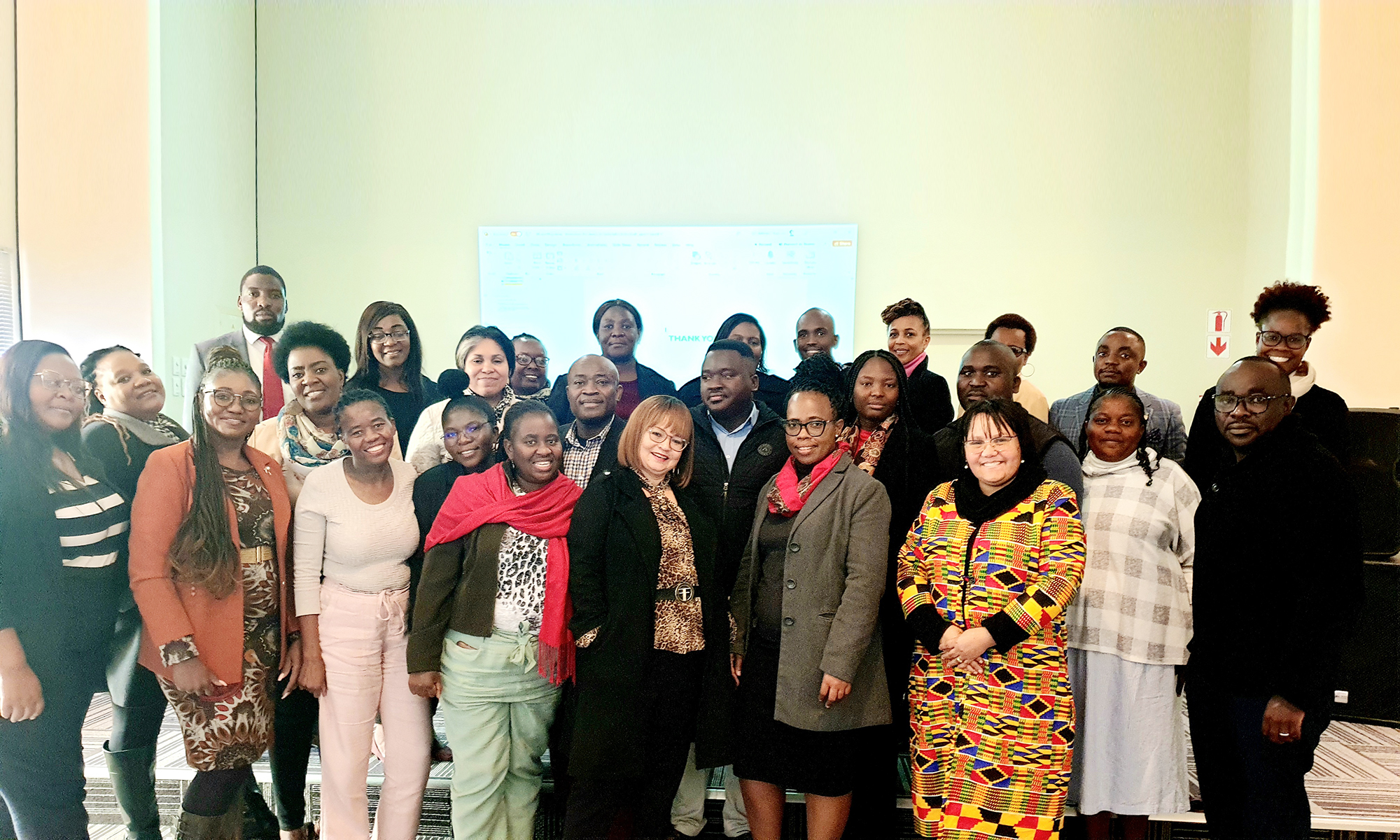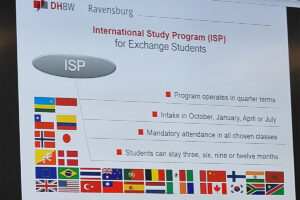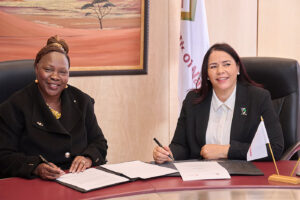
The COVID-19 pandemic crushed national economies and closed borders. As a consequence, many people within the SADC region were turning increasingly to migrant smugglers, which expose them to greater protection risks. These human rights violations include psychological and physical abuse; sexual and gender-based violence; torture, and in extreme cases death. Migrants in the SADC region are frequently exposed to dehydration, starvation and in worst cases even death. Increased irregular migration can also frustrate national health screenings and contact tracing programmes. In response to the protection of mixed migrants’ human rights during the outbreak of the COVID-19 pandemic in Namibia in 2020, UNAM Cares with financial support from the European Union assisted the International Organization for Migration (IOM) by conducting a rapid assessment of the needs of stranded and vulnerable migrants in Namibia. UNAM Cares at the same time also assisted IOM with the voluntary and dignified repatriation of stranded and vulnerable migrants to their countries of origin. As a result, IOM in close collaboration with the Psychosocial Support Pillar under the Ministry of Health and Social Services (MOHSS), conducted a roundtable meeting with all key stakeholders to support the development of a National Referral Mechanism (NRM) for Vulnerable Migrants in order to ensure protection and safe return of vulnerable migrants.
The Roundtable Stakeholders meeting took place in Swakopmund in the Erongo region, from 15-19 August 2022, with financial assistance from the United Nations. The main aim of the Roundtable Stakeholders meeting was to co-develop a NRM for vulnerable migrants as well as to co-establish sensitive-protective processes, procedures and systems that provide an effective response to vulnerable migrants in need of protection assistance within the mixed migration flows. Both academics, Dr Rachel Freeman, Head: Corporate Social Responsibility: UNAM Cares, in the Office of the Vice-Chancellor, and Dr Richard Iroanya, Senior Lecturer in School of Military Science attended the Roundtable Stakeholders meeting, representing UNAM as members of the National Coordinating Body on the Prevention of Trafficking in Persons in co-development of the NRM. The academics gave valuable inputs in the drafting of profile and screening forms to help key service providers with the identification of vulnerable migrants and referral to appropriate authorities in Namibia. The meeting came up with a refined NRM and Guideline which will be presented and discussed with the Ministry of Home Affairs, Immigration, Safety and Security to take the lead in the implementation thereof with financial support to be solicited by IOM.





